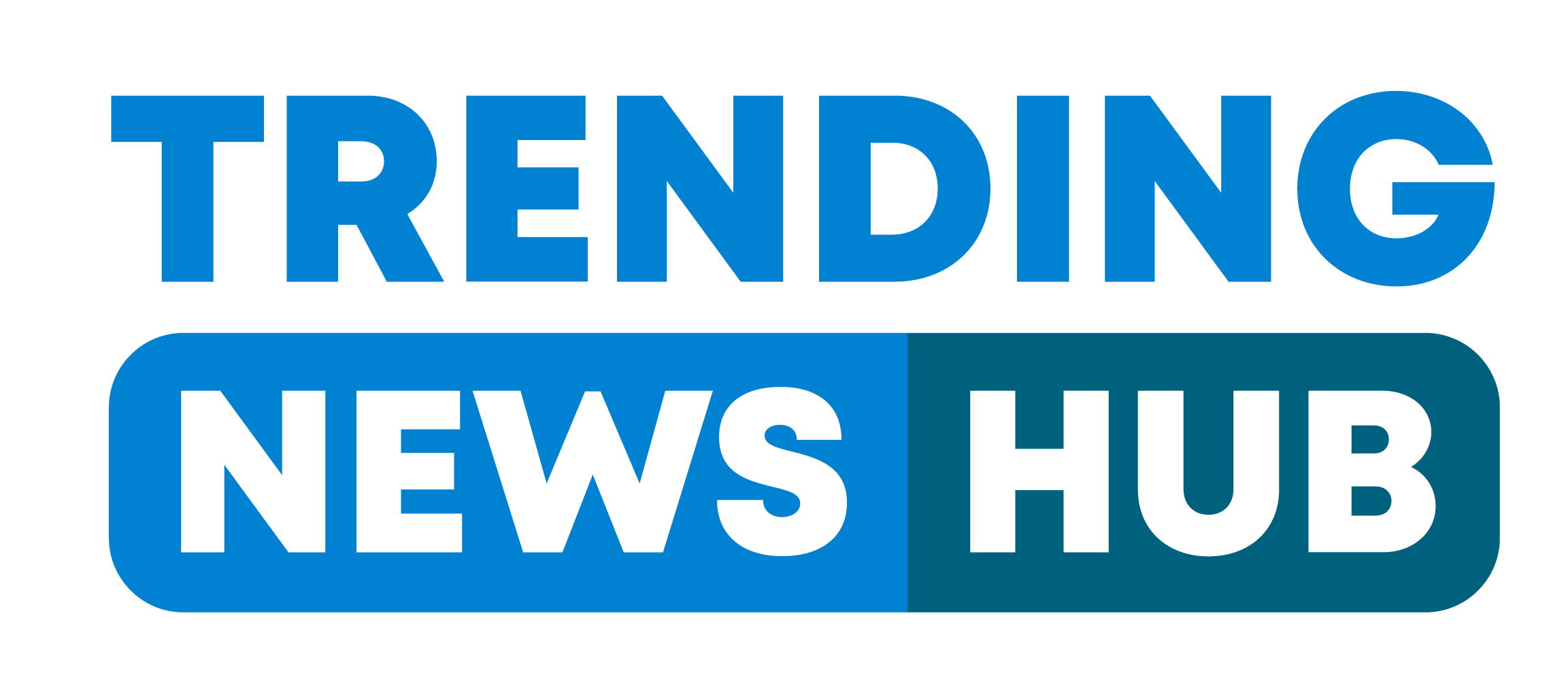Meta CEO Mark Zuckerberg is driving transformative changes to the social internet, aligning with the preferences of President-elect Donald Trump and his supporters.
These modifications are poised to alter the digital landscape significantly.
Mark Zuckerberg has announced the removal of fact-checking measures criticized by conservatives and relaxed rules for sharing conservative opinions. This shift represents a strategic move to cater to right-wing ideologies and reshape content moderation.
In his announcement, Zuckerberg described the recent elections as a “cultural tipping point” that prioritizes free speech. He framed the new, permissive content policies as a response to governmental and media pressures for increased censorship.
The changes come amid Zuckerberg’s adoption of a popular right-wing argument, claiming that fact-checking efforts have become tools of censorship. This narrative underscores his justification for Meta’s policy revisions.
Given Meta’s immense influence, with billions of global users across its platforms, these policy shifts will reverberate throughout the internet.
The company’s decisions have the power to reshape online discourse and norms worldwide.
On Tuesday morning, Meta’s announcements appeared tailored to Trump’s agenda, as they were exclusively shared with “Fox & Friends,” a program known for its alignment with the president-elect. This strategic unveiling highlights Meta’s pivot toward conservative audiences.
Joel Kaplan, Meta’s newly appointed policy chief and a former adviser to George W. Bush, joined the “Fox & Friends” hosts to endorse the changes. His agreement with the show’s framing of censorship versus freedom signals Meta’s recalibration ahead of Trump’s administration.
Kaplan’s public alignment with right-wing rhetoric reflects Meta’s efforts to strengthen its relationship with Trump’s administration. This shift is particularly notable given Trump’s past criticisms of Zuckerberg and threats of legal action against him.
Meta faces significant regulatory challenges, including an antitrust case from the Federal Trade Commission (FTC), which is set for trial in April.
Outgoing FTC Chair Lina Khan has speculated that Meta may seek favorable treatment from the Trump administration.
The company’s latest moves seem calculated to appeal to the incoming government. Zuckerberg announced the elimination of restrictions on topics like immigration and gender, calling these rules outdated and misaligned with mainstream discourse.
Meta will replace its partnerships with third-party fact-checkers with a community-driven “notes” system, modeled after X. Zuckerberg argued that existing fact-checking mechanisms have eroded trust due to perceived political bias.
The new policies indicate a broader shift toward laissez-faire content moderation. Kaplan emphasized in a blog post that Meta aims to reduce over-enforcement and ease restrictions on user-generated content.
By requiring higher confidence levels before removing content, Meta intends to foster a more open digital environment. This approach, however, has drawn mixed reactions from various stakeholders.
Conservatives have welcomed Meta’s policy changes, while misinformation experts warn that these adjustments may increase the prevalence of false and harmful content.
Critics argue that Meta’s platforms could become more toxic as a result.
Journalists predict that Meta’s decisions may lead to funding cuts for newsrooms dependent on partnerships with fact-checkers. Jane Lytvynenko noted that these changes could jeopardize the survival of certain outlets globally.
The rollback of fact-checking partnerships leaves users responsible for discerning credible information. This shift raises concerns about the potential spread of misinformation and its societal impacts.
Some commentators believe these changes will drive users toward alternative platforms like Bluesky. Others argue that the average Meta user may not notice significant differences in their experience.
In a concluding statement, Zuckerberg announced plans to revive civic content by promoting posts related to elections, politics, and social issues. This marks a shift from earlier efforts to reduce political content due to user stress.
Zuckerberg acknowledged that political posts can cause discord but promised to maintain friendly and positive communities. Meta will adjust algorithms to cater to users seeking more political content, reinforcing its influence over public discourse.
Kaplan highlighted a personalized approach to content delivery, enabling users to control the amount of political content in their feeds. This change underscores Meta’s unparalleled power to shape online interactions and public opinion.


